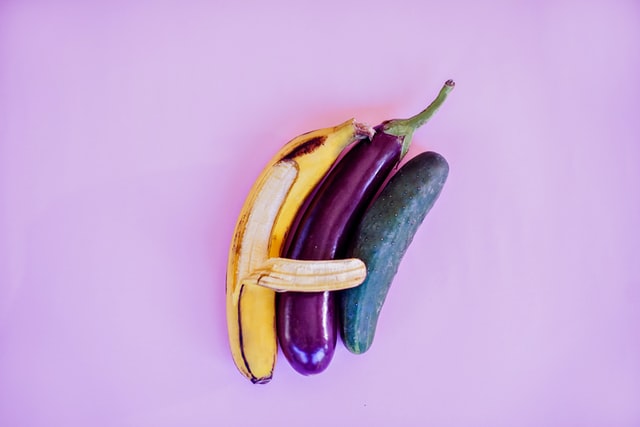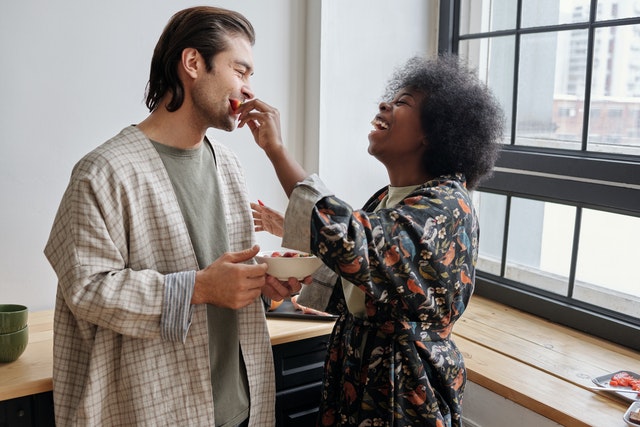Sex Guides
- by Lioness Team
- 10 min read
In the days since the worldwide Black Lives Matter protests began in the spring, we have been finding ways to heal and be better, slowly but surely. We’ve transformed our anger into action. We joined book clubs to learn more about racial justice. We’ve initiated difficult conversations about race in our own communities. We voted a problematic president out of the White House.
But one area of racial justice that’s often overlooked is right in the center of our homes: the bedroom.
- by Lioness Team
- 4 min read
You might have heard terms like “daddy issues,” “thirsty,” or “dramatic” to describe the behavior of women and femmes who face difficulties with unhealthy relationships and sexual patterns. Attachment theory—the study of how childhood attachment patterns affect how we act in adult relationships—can help explain some of these patterns, no slut-shaming undertone required.
Maybe you’re a serial monogamist trying to see what the wild world of casual dating has to offer. Maybe you find yourself constantly chasing emotionally unavailable people. Maybe you can’t figure out why you can’t stop texting bae 85 times in a row when you’re upset.
When you’re ready to break out of a pattern that no longer serves you, attachment theory can help you make sense of intense emotions and impulses.
- by Lioness Team
- 5 min read
Racing heart, shallow breathing, tensed muscles, and goosebumps. Sounds pretty sexy, right? Not always.
If we look closely, the physical symptoms of anxiety can overlap with some things we experience during sex and arousal. Though they share these physical experiences, anxiety and sex are not happy bedfellows. “Anxiety is a major contributor to diminishing frequency of sex and diminishing capacity for enjoyment of sex,” says Colorado-based certified sex therapist Indigo Stray Conger.
Let’s explore some of the more common ways anxiety can impact your sex life (and some tips to find let go and enjoy sex again!).
- by Lioness Team Collaborator
- 5 min read
Sometimes the intensity and spontaneity of a quickie satisfies your sex craving. And especially when you and your partner both have over-packed calendars, something's better than nothing. But other times, a slow buildup with plenty of foreplay leads to increased intimacy, lower inhibitions, and more enjoyable sex. Most of us even want more of it: While foreplay tends to last only 12 minutes, both sexes would like it to last about 18 minutes.
In that spirit, here's everything you need to know about foreplay, plus ideas for how to liven it up if you want more than the typical makeout session.
- by Lioness Team Collaborator
- 4 min read
- by Lioness Team Collaborator
- 4 min read






